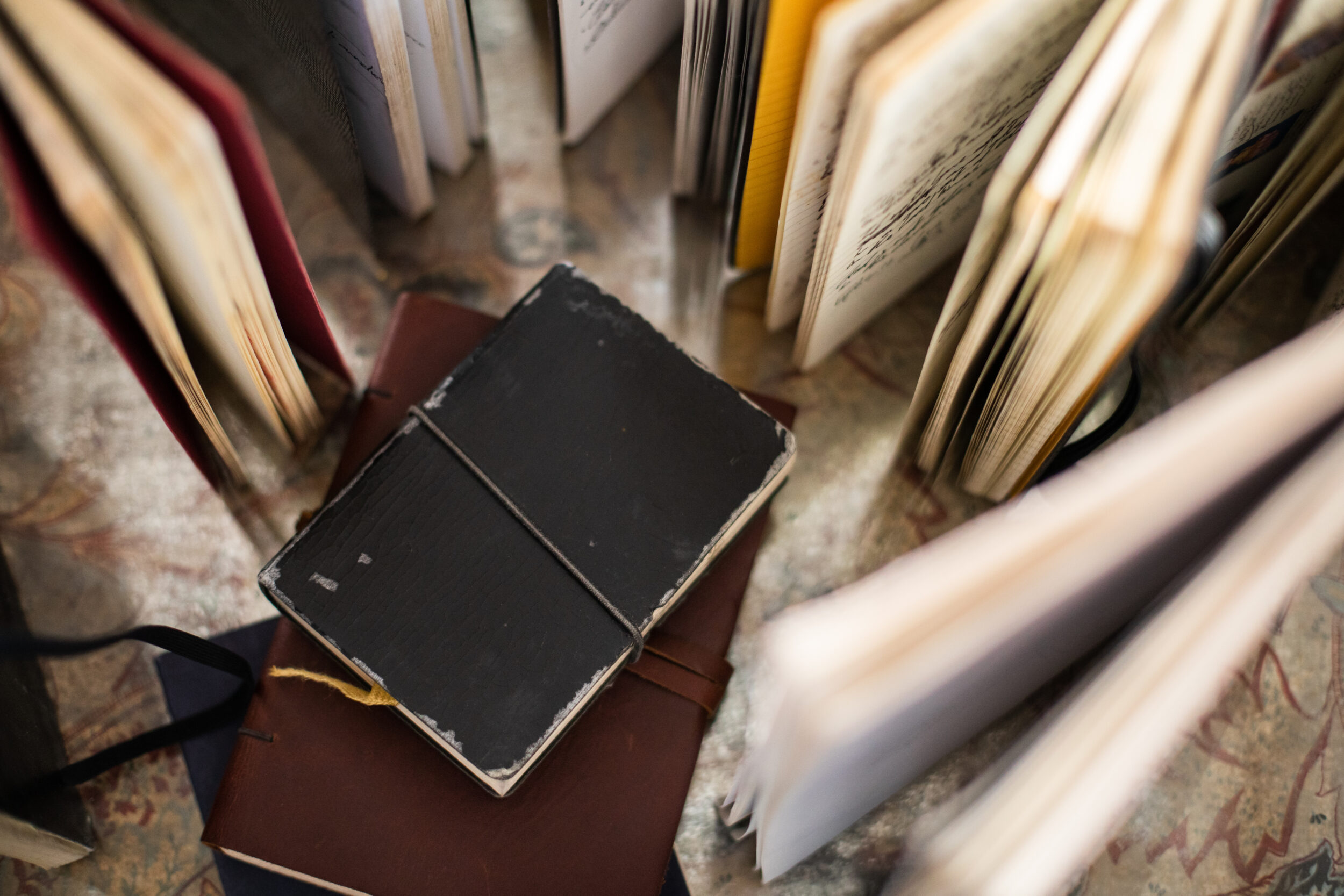For over a century, McGill University professors and students scanned the skies and recorded the slightest variations in the weather at the McGill Weather Observatory before an automatic station took over. Between 1863 and 1992, millions of observations were recorded by hand in large logbooks. While some of this data had since been transcribed, much of it, such as wind speed, snow quality for sliding, and pressure, had not.
The McGill observatory is the oldest in Québec and the second oldest in Canada. To tap into the wealth of this historical data, Professor Frédéric Fabry of McGill University's Department of Atmospheric and Oceanic Sciences and School of the Environment began a vast project in 2018 to transcribe the data.
Estimating the task at 50,000 hours, a lifetime's worth of work, the team decided to call on citizens. To facilitate the transfer, the books were first digitized. The meteorologists worked with archivists to establish the procedure to be followed and ensure that the integrity of the historical data was respected. A transcription platform was then developed, which is now used by other research teams across Canada, and transcribers were trained to detect any irregularities in the original data.
To date, around 25% of the meteorological data has been transcribed. The researchers also took advantage of the process to examine participants' motivations for this citizen science project. With the exception of a few weather enthusiasts or retired meteorologists, transcribing columns of numbers and handwritten notes is much less exciting than other citizen science activities such as documenting butterflies. Several activities and strategies to encourage perseverance have been put in place, for example, transcribing cumulative data for the participant's birthday.
At a time of unprecedented climatic upheaval, this historical data will enable us to compare today’s extreme weather with that of the past, study our changing vulnerability in this regard, and thus better cope with future weather hazards.
References:
Bush, D., Slonosky, V., Pearce, G. et Sieber, R. (2021). « Enlisting Students to Transcribe Historical Climate and Weather Data for Research: Building Knowledge Translation Via Classroom-Based Citizen Science ». Journal of Community Engagement and Scholarship, 13(3).
Slonosky, V., Podolsky, L., Smith, R., Bartlett, M., Park, E., Sieber, R., Cullen, J., Burr, G. et Fabry, F. (2019). « From Books to Bytes: A New Data Rescue Tool », Geoscience Data Journal 6(1), 58-73. https://rmets.onlinelibrary.wiley.com/doi/full/10.1002/gdj3.62




